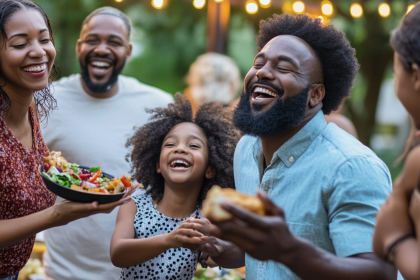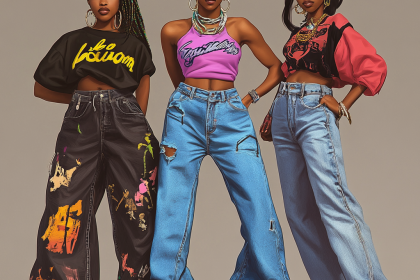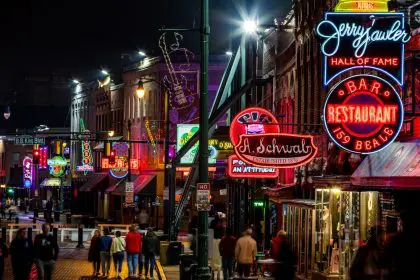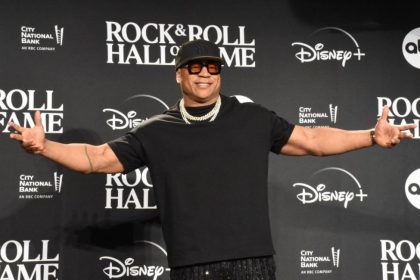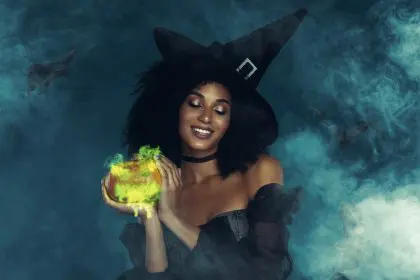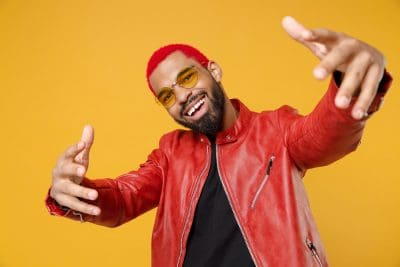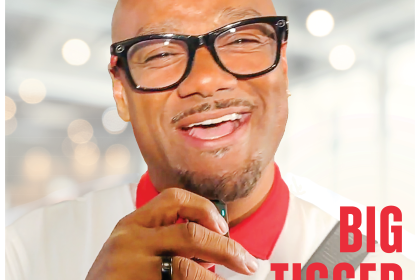
“They can’t treat us like second class citizens, hunt and gun down our Black children in the streets and expect to get our money too! I don’t support anyone who doesn’t support or care about my people.” –Imani Williams
From city streets to university campuses, Black Lives Matter is confronting America’s White supremacy with the same fervor and resolve our parents and grandparents did more than a half century ago. An analysis of the Black Lives Matter movement’s tactics reveals a keen understanding of the Civil Rights Movement’s playbook: economic boycotts, peaceful marches and organized disruptions. But unlike the Civil Rights Movement, which emanated from the Black church, the Black Lives Matter movement is a child of hip-hop.
In the 1970s and ’80s, Black America was the victim of a White backlash to the Civil Rights Movement through a war on drugs; Nixon’s Southern Strategy, which exploited racial fears for votes; and governmental attacks on social programs assisting the poor. By this time, many of Black America’s leaders had either been assassinated or imprisoned. Our community needed a voice and that voice would come from Black teenagers in the Bronx. Those teenagers would articulate their anger, discontent, knowledge of self and creativity through art, music, clothing and dance. This was the birth of hip-hop. And after its birth, hip-hop would leave the boroughs of New York City and transform America, especially the minds of America’s Black youth.
From KRS-ONE, Public Enemy and De La Soul to Lupe Fiasco, J. Cole and Kendrick Lamar, hip-hop has enlightened us about Black history and African identity when school would not. As my teachers taught me to follow the example of a whitewashed version of Dr. Martin Luther King, I was reciting Don’t Believe the Hype and You Must Learn to myself. Even though America has labeled us the “other” or the “outcast” at every turn, hip-hop has provided a more effective counterargument, which instilled a self-confidence and pride about being Black.
Over the past 40 years, hip-hop has built the most solid foundation in the resistance to America’s White Supremacy and institutionalized racism. The Black Lives Matter movement marches to the beats dropped by the men and women of Hip-Hop who have been brave enough to speak truth to power. Hip-hop’s influence the past four decades highlights the Black church’s meteoric fall from grace within the Black community over the same period.
Pastors such as Jamal Bryant, Delman Coates and Otis Moss III are deeply engaged in the social justice movement. These men of God address the needs of the Black community by challenging those in power to live up to their responsibilities, but these servants of God seem to be few and far between. After witnessing several Black ministers shamelessly cozy up to Donald Trump while refusing to denounce Trump’s divisive and racist rhetoric, it became evident that too many Black pastors have placed their personal desires before the needs of their community.
As hip-hop has done for nearly two generations, Black Lives Matters is holding a mirror in front of the American consciousness. The reflection of Laquan McDonald, Ronald Johnson and Sandra Bland in caskets is what Black America sees. So when you watch the news and see Chicago’s Black youth marching down Michigan Avenue chanting the chorus to Kendrick Lamar’s “Alright,” I hope that motivates you to look in the mirror of your own consciousness.

